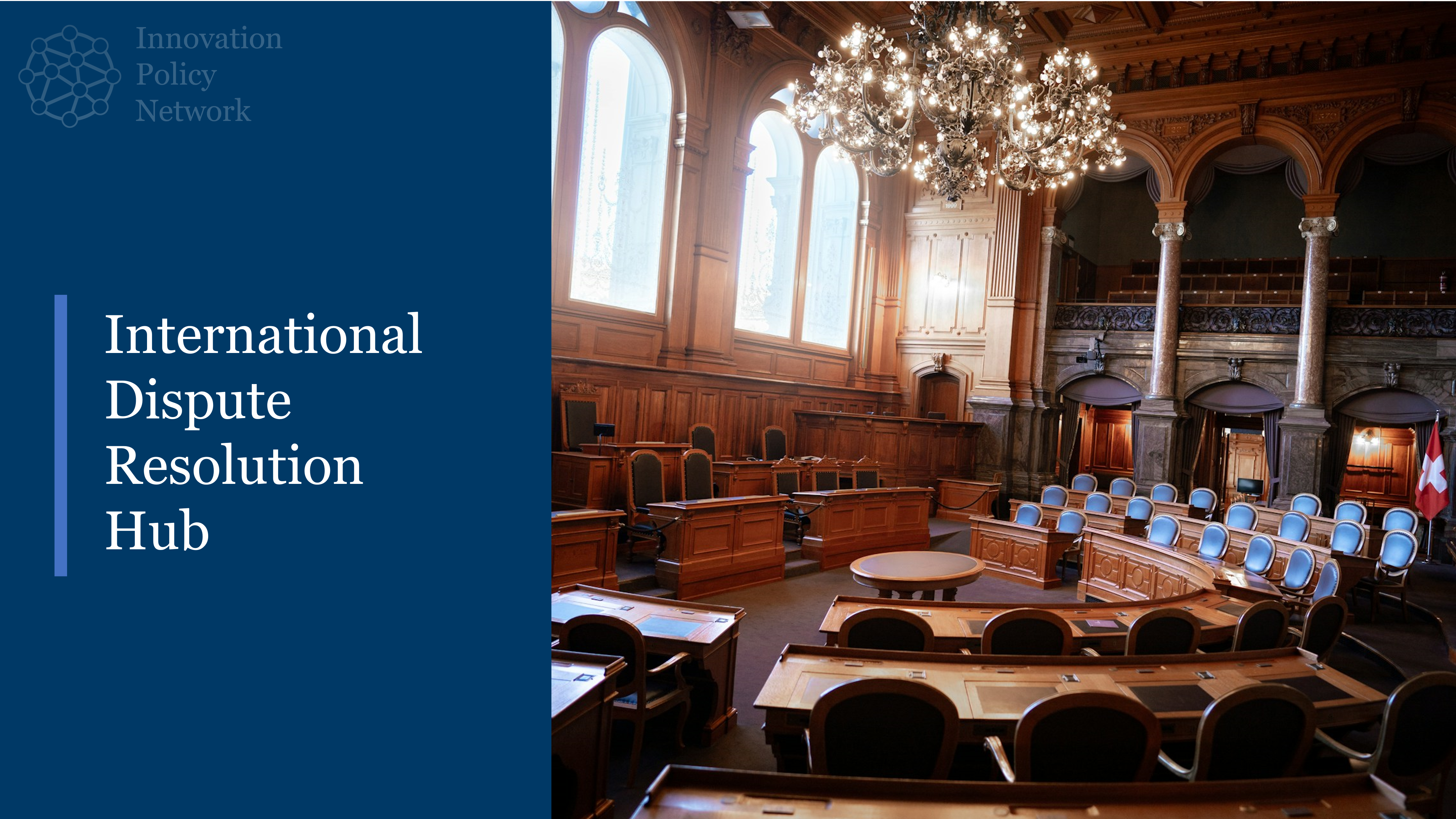Author: Amedeo Rizzo
The international tax landscape is undergoing a significant transformation with the proposal of a global minimum tax for multinational enterprises (MNEs). The Organisation for Economic Co-operation and Development (OECD) has conceived this initiative to combat international corporate tax avoidance, proposing a 15% minimum tax on large multinational groups. This proposal has gained approval from 137 countries under the “Inclusive Framework.”
Rationale Behind the Global Minimum Tax
The core idea of this initiative is to counteract the use of low-tax jurisdictions and regulatory loopholes by MNEs, which have been facilitated by the intangible nature of assets, finance, and digital businesses. The race to attract multinational investments has led to a downward spiral in corporate tax rates, falling below optimal levels over the past decades. By introducing a global minimum tax, the OECD aims to create a level playing field and curb the race to the bottom in corporate taxation.
Implementation and Mechanism
The global minimum tax targets MNEs with a consolidated financial income of at least €750 million, mandating an effective tax rate of at least 15%. Countries like the UK, Switzerland, South Korea, and the members of the European Union have already adopted this measure. The U.S. has implemented a similar but structurally different minimum tax.
To calculate the effective tax rate, the taxes paid by the company in a country (adjusted covered taxes) are divided by the taxable income produced in that country (adjusted income). The OECD has established a standard mechanism to determine adjusted income, starting from the financial statement results and making necessary corrections to align it closer to a tax base. This method aims to minimize discretion and ensure uniformity across different jurisdictions.
When an MNE’s effective tax rate in a country is below 15%, the global minimum tax is triggered. The country where the company operates can tax the excess profit up to the 15% threshold. If the country of operation does not levy this tax, the parent company’s country of residence can tax the difference (Income Inclusion Rule, IIR). If neither applies the minimum tax, any country with a subsidiary of the MNE can tax the excess profit (Undertaxed Payments Rule, UTPR).
Design Challenges
Despite its promising framework, the global minimum tax poses several design challenges:
- Complexity: The system adds layers of rules to existing tax frameworks, complicating already intricate national and international tax systems. This complexity can be particularly challenging for least developed countries with limited administrative capacities and resources.
- Financial Accounting Issues: Using financial accounting to determine adjusted income can distort financial statements as companies may attempt to reduce their tax burden. This process gives undue influence to accounting standard-setting bodies, which conflicts with constitutional principles of taxation in many jurisdictions.
- Tax Competition: While the global minimum tax sets a new floor (ETR at 15%), it does not eliminate tax competition, incentivising some countries to reduce their current rates. Additionally, countries can still offer non-tax incentives, like subsidies or regulatory reliefs, to attract MNEs, continuing the competition on different fronts.
- International Disputes: The complex rules and high compliance requirements could lead to national and international tax disputes.
International Cooperation and Future Implications
The adoption of the global minimum tax represents unprecedented cooperation in international tax history. It signals a collective effort to prevent tax avoidance and harmonize tax policies across nations. This cooperation sets a precedent that could influence other global issues requiring coordinated action, such as environmental policies. The OECD is already moving towards creating an inclusive forum to discuss decarbonization measures, indicating a broader application of this collaborative approach.
However, the Inclusive Framework has faced criticism regarding its actual inclusiveness. Future projects must address these concerns to ensure more equitable participation and problem-solving, especially for countries with fewer resources.
In conclusion, while the global minimum tax marks a significant step forward in addressing tax competition and corporate tax avoidance, its implementation and operational complexities present challenges that need careful management. The initiative’s success depends on continued international cooperation, equitable resource allocation, and adaptive mechanisms to handle emerging issues.



Leave a Reply